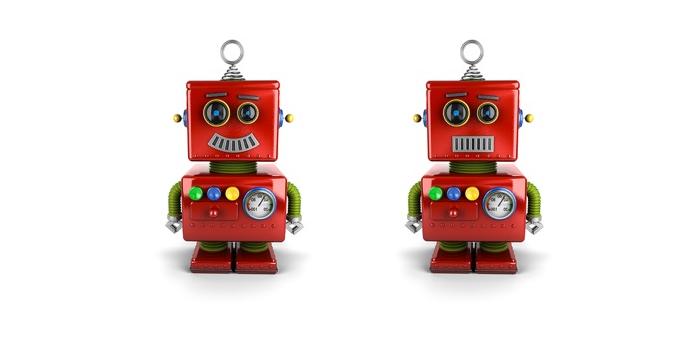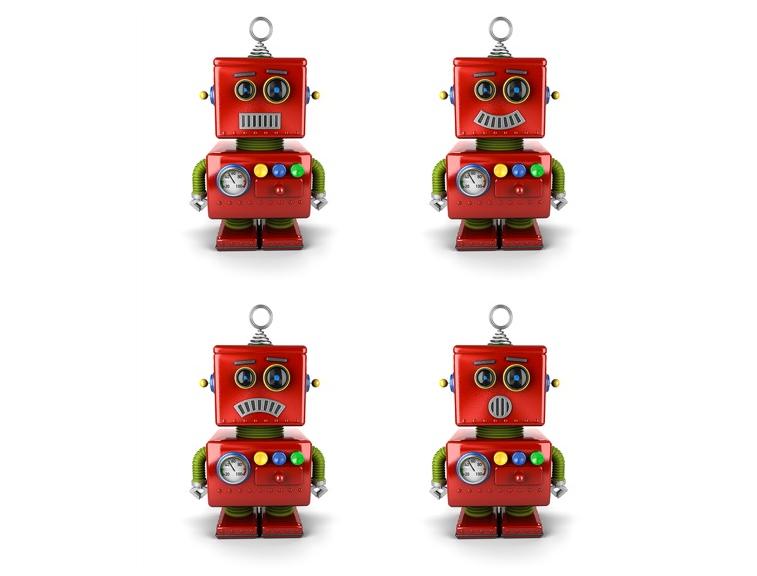
Robohub.org
178
Speech-Based Emotion Recognition with Christina Brester


In this episode, Audrow Nash interviews Christina Brester, from the Siberian State Aerospace University, about her research on a method to identify emotional state from speech. This method performs speech analysis with a self-adaptive, multi-objective, genetic algorithm for feature selection and uses a neural network to classify those features. In this interview, we’ll discuss exactly what that means, as well as the implications and future of this research.
Christina Brester

Christina Brester completed her bachelor’s (2012) and master’s degree (2014) at the Siberian State Aerospace University (SibSAU) in Krasnoyarsk, Russia. Her master’s thesis was on Speech-based Emotion Recognition.
Currently, Brester is a PhD student in Computer Science and Engineering at SibSAU. Her research interests include evolutionary computation, neuro-evolutionary algorithms, machine learning, and speech analysis.
Links:
- Download mp3 (10.5 MB)
- Subscribe to Robots using iTunes
- Subscribe to Robots using RSS
- Link to One of Brester’s Related Publications
tags: Algorithm AI-Cognition, c-Health-Medicine, human-robot interaction, interview, Research, Robotics technology, Sensing, software, Statistics




